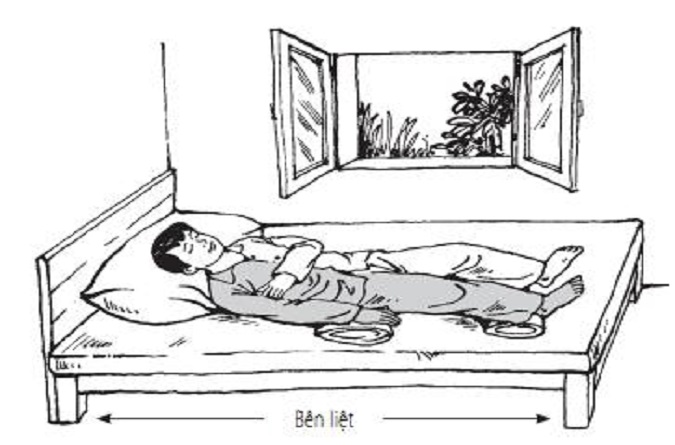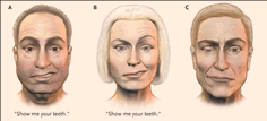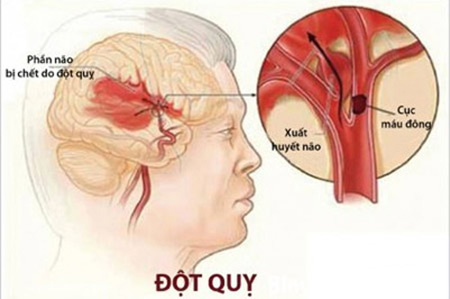Peripheral Facial Paralysis
A year after be diagnosed as stroke, the symptoms the patients present like hemiplegia, aphasis or facial paralysis are considered as sequelas of cerebral apoplexy. The period is also called the stroke sequela period which has relatively slower speed on recovery than convalescence. The main clinical features of stroke patients are consciousness obstacle, dyskinesia, sensory disturbance and aphasis. After a period of treatment, except clear consciousness, other symptoms exist in different levels. The severity of the sequelas depends on patients’ corporeity and complications. The common sequelas of cerebral apoplexy are stiffness, facial paralysis, central paralysis and peripheral paralysis.
1. Stiffness
The damages side of patients will present acanthesthesia or sluggish reaction, especially in the end of the limbs, such as fingers, toes etc. Generally, the stiffness have something to do with weather, the sharp shift of weather or before and after the rain will make the stiffness more obvious.
2. Facial paralysis
The facial part below eye pouch in one side present facial paralysis. The nasolabial groove get lighter, one side of mouth drop and drooling. It’s become more apparent while talking.

3. Central paralysis
Central paralysis is also called motor neuron paralysis. It’s caused by the damage of brain pyramidal tract. The clinical features mainly are muscular hypertonia, tendon hyperreflexia. The patients present pathological reflex and spastic paralysis.
4. Peripheral paralysis
Peripheral paralysis is also called flaccid paralysis. It’s caused by the damage of spinal anterior cell, brainstem motor nerve nuclei etc. Due to the injury of lower motor neuron, the muscle which get controlled can’ t receive due impulsion. The clinical features are the reduction of muscular tension, hyporeflexia, amyotrophy etc.
Sequelas of cerebral apoplexy need to attract people’s attention, and the patients should seek the treatment as soon as possible.

